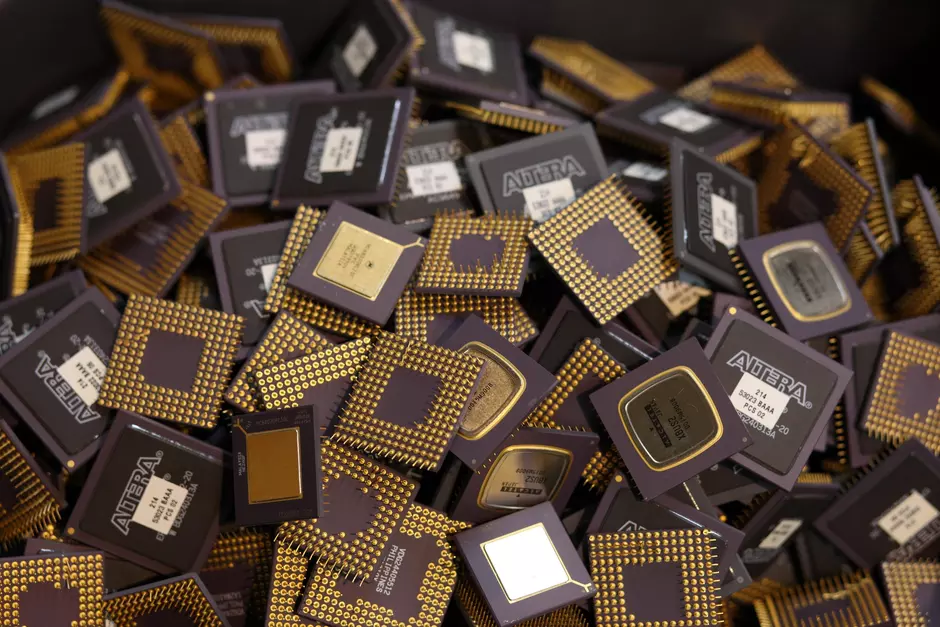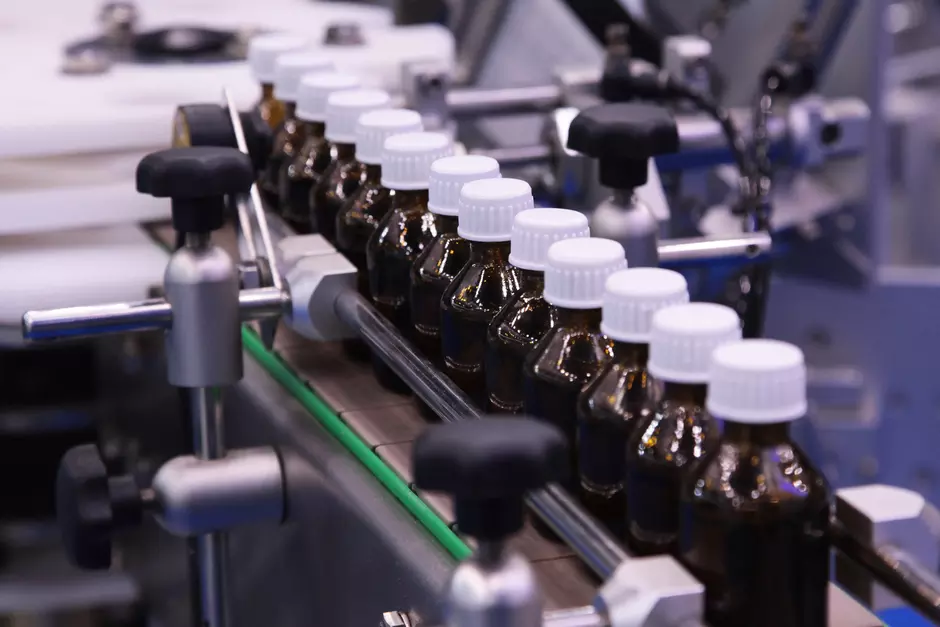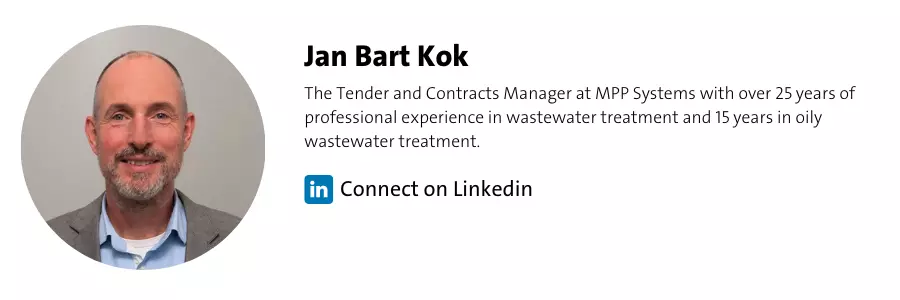The oil and gas industry is facing increasing challenges when it comes to water management. As oil and gas production has increased, so too has the amount of water being produced. In fact, water production now exceeds oil production in some areas.
How to dispose of produced water safely and minimise its impact on the environment is one of the greatest challenges. The water extracted contains a wide range of hydrocarbons and salts including heavy metals like Mercury and radioactive compounds. In addition, it is often contaminated with field chemicals adding to the difficulty to dispose of this water without harming the environment.
In Europe, produced water is a particular challenge. As the continent has more mature wells there can be upwards of 90 percent of water and only 10 percent of oil being extracted. Every year the volume of produced water increases as the well ages.
Produced water becomes a greater challenge due to the stringent requirements imposed by authorities on treating it and the vast costs involved in the treatment process. Around 80 - 90% of produced water is very salty and removing this salt requires advanced treatment solutions.
How to treat produced water
Some of the methods being used to treat produced water include evaporation (crystallization) and reverse osmosis membranes to remove salt, bacteria, and other contaminants from the water.
The treated water can then be used for irrigation, discharged into the environment, or injected back into the ground.
Tertiary treatment of the produced water is required by filtration with Nutshell or advanced media like the Veolia CoaFil or Ultrafiltration before salt removal technologies can be applied. The treated water can then be used for irrigation, process water, or boiler feed water.
Reinjection of produced water requires the (economical) option of drilling an injection well or the availability (re)usable injection wells. The lifetime of the reinjection well will be longer if oil and solids concentrations can be kept as low as possible. Also here the earlier mentioned tertiary treatment technologies apply.
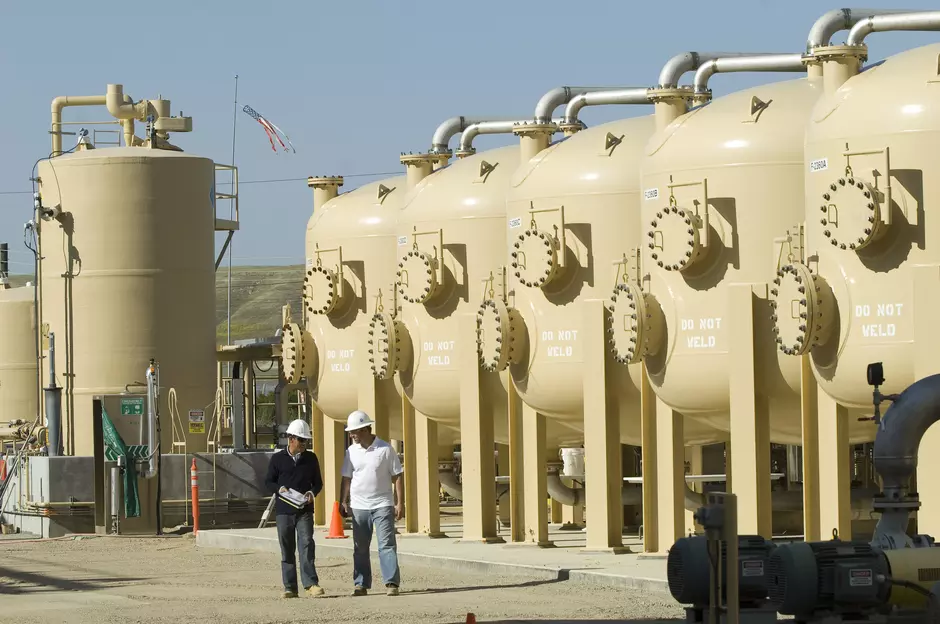
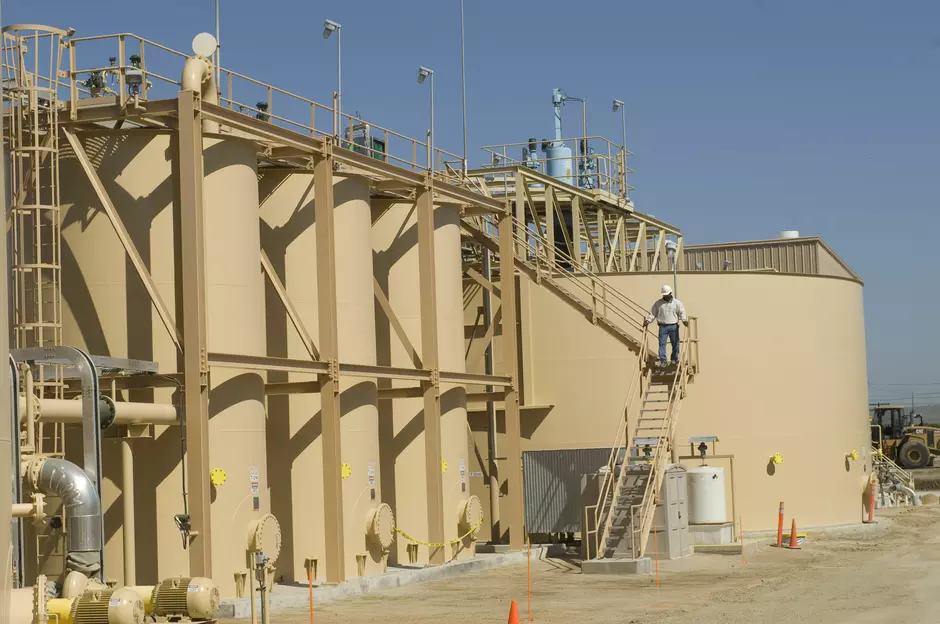
Approximately 70% of produced water today is typically injected into disposal wells. With increasing produced water volumes, reinjection becomes more challenging.
Operators are beginning to explore alternatives like treatment for discharge in order to reduce injection volumes. This enables them to better manage field development while minimising the liquid waste impact on surrounding ecosystems - but it does come with its own set of challenges that must be addressed properly before safe discharge can occur.
Our oil and gas solutions
Veolia Water Technologies - MPP Systems provides oil and gas operators with customised treatment solutions to manage a large range of volumes of produced water either for injection, reuse, or disposal, complying with strict local environmental regulations and ensuring high-performance rates.



